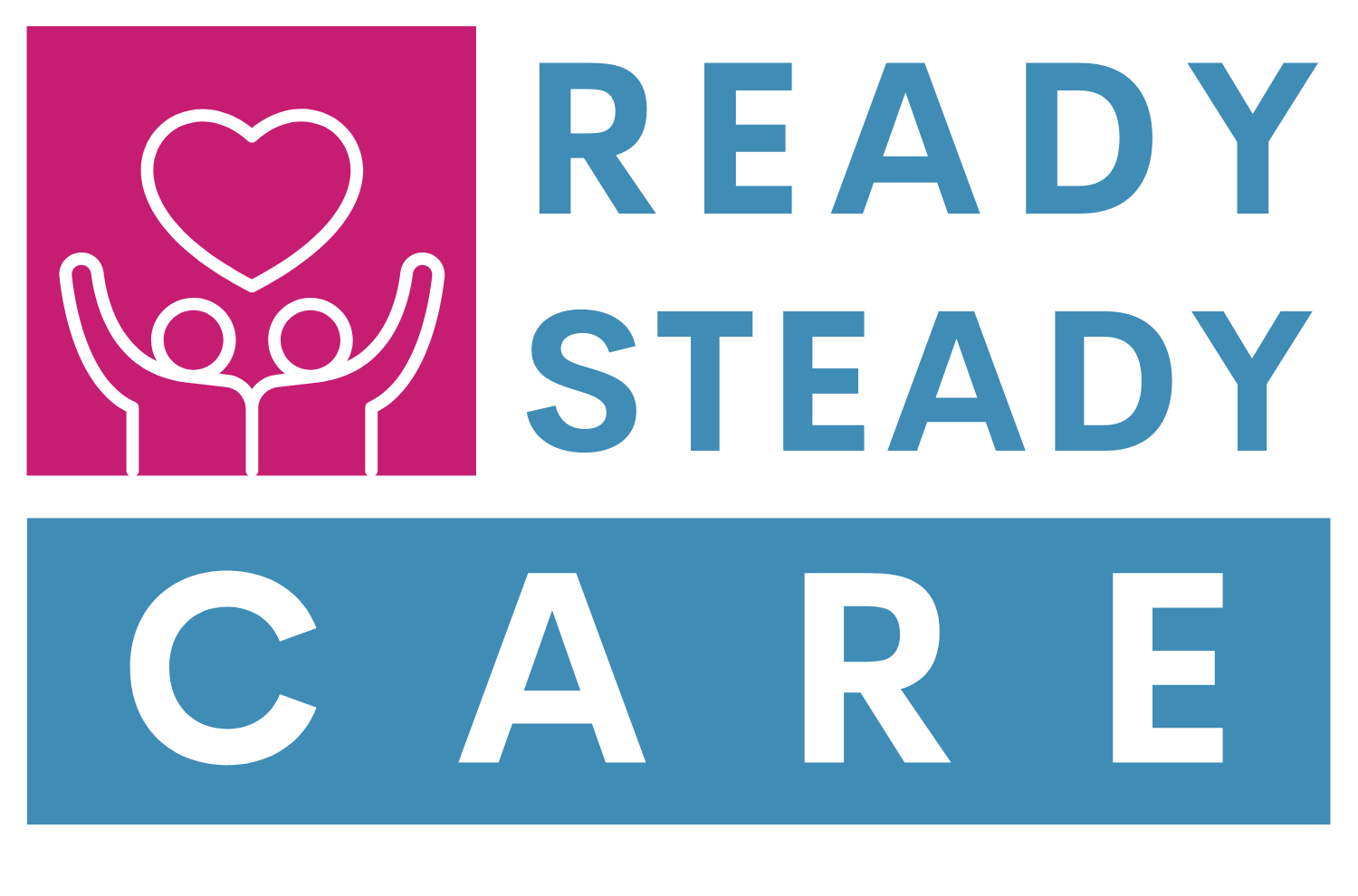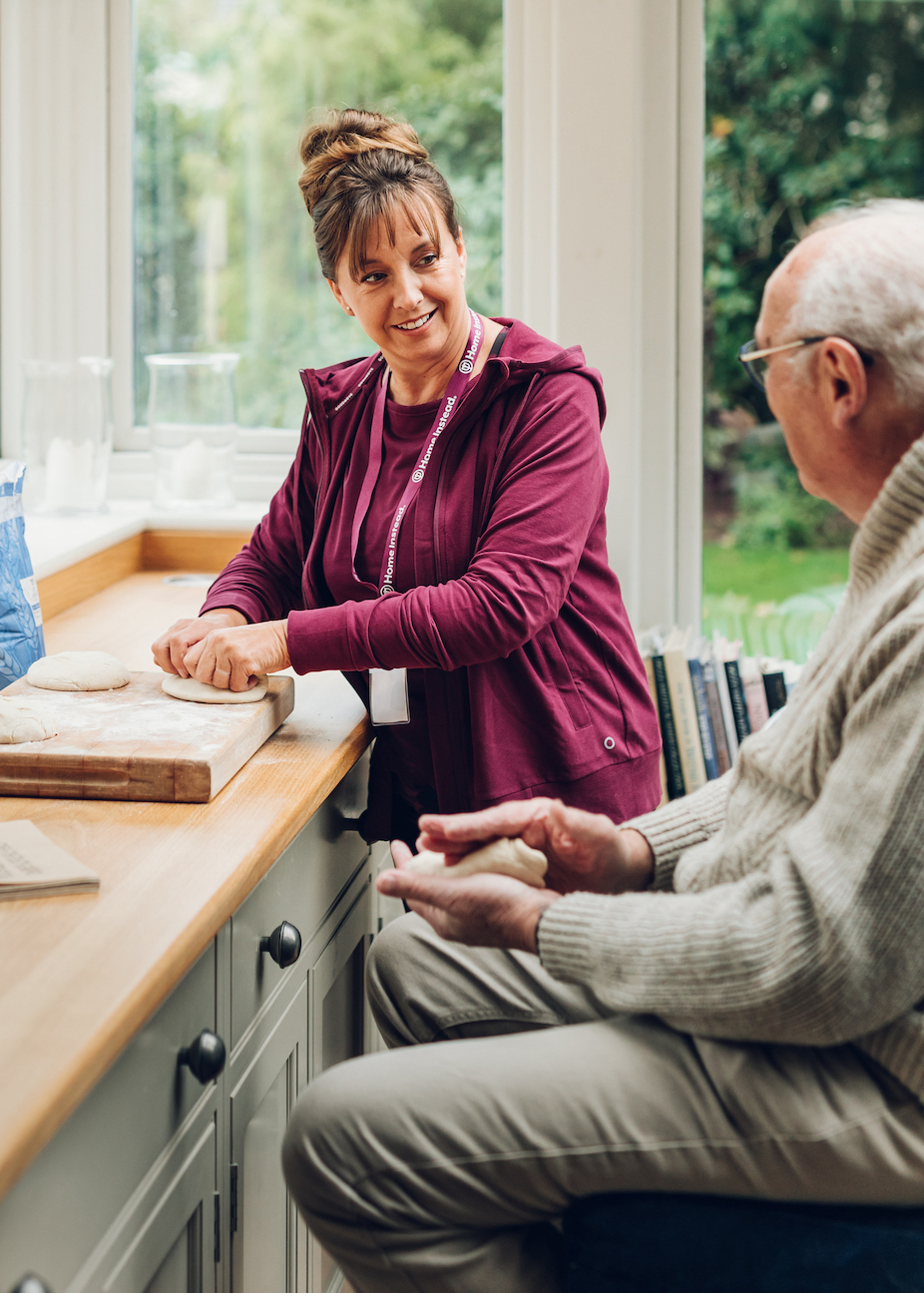Personal Independence Payment (PIP), is to provide extra financial assistance for people with long-term health conditions or disabilities.
This page will explain what PIP is, what the rates are and explains how to file a claim.
What is Personal Independence Payment (PIP), and how can I get it?
The Personal Independence Payment (PIP), is a benefit that is available to those aged 16 to State Pension age who are disabled or have long-term care requirements. This money can help people pay for additional costs associated with living with a chronic condition.
PIP is slowly replacing Disability Living Allowance. You will need to file a new claim for PIP even if you already have DLA.
PIP is not subject to tax and it’s not a means test. It doesn’t matter if you are working or not, or how much money you have in savings.
PIP is broken down into two parts:
Daily Living component - If you need assistance with daily tasks such as washing, eating, and dressing, this is the program for you.
Mobility component - If you have mobility problems (sensory, mental, or learning)

Who can apply for PIP?
While PIP is based on the applicant’s ability to interact with others face-to-face, the DWP will consider whether the person needs ‘prompting’ (a reminder, encouragement, or explanation) from someone who has been trained or experienced in assisting people with social situations.

-
You must be at least 16 years old to be eligible for a Personal Independence Payment claim.
-
You can't claim both Armed Forces Independence Payment and PIP at the same time.
-
You must have a disability, mental or physical, that affects your daily life or makes it difficult to get around, or both.
- For at least three months, you have struggled to get around and do daily living.
- These difficulties could last for 9 more months.
If you are terminally ill
If you are diagnosed with a terminal disease and your doctor or another medical professional thinks you may have less time to live, you can apply for PIP.

What does "Daily Living Needs" mean?
Daily Living means you require help to manage your daily tasks and take care of yourself.
- Drinking and eating
- Bathing and Washing
- How to take medication and manage treatments
- Continence management and/or going to the toilet
- Getting Dressed and Undressed
- Communication with others & Socialising
- Understanding and reading information
- Handling money
How much PIP can I receive in 2022/23?

The rate and component you are eligible for will determine how much PIP pays. You may be eligible for the Daily Living component if your daily tasks are difficult. Or the Mobility component if it is possible to move around on your own.
Both parts are paid at either the lower or the higher, enhanced rate. The rate you receive will depend on your health condition, which is determined through an independent assessment by a medical professional.
Depending on your situation, you may be eligible for one or both of these components.
Weekly rates for Personal Independence Payment
Daily Living
- Lower rate = £61.85
- Higher rate = £92.40
Mobility component
- Lower rate = £24.45
- Higher rate = £64.50
The PIP rate is reviewed frequently to ensure that you receive the best support.
You are eligible for the Daily Living Rate if you have a terminal disease and expect to live for less than six months. However, your needs will still determine your mobility rate.
You have the right to a mandatory reconsideration from the DWP if you feel you are not receiving the mobility part of your PIP.
How Do I Claim PIP?
You can apply online, or you can download an application form.
It can take up to 4 months to claim Personal Independence Payment. Once you have made your claim, it may take another 3 months before you get any money.
PIP cannot be re-dated, but payments begin from the date that you filed your claim. This is to cover handling time at the Department of Work and Pensions (DWP). But there are some very rare cases where PIP has been backdated.

Call the DWP to make a claim on Personal Independence Payment.
Make sure to have these details on hand before you call.

- Your full name, contact details, and address
- Your nationality/immigration status
- Your National Insurance number
- Details about bank or building society accounts
- Contact information for your GP and/or any other health professionals
- Information about your stay in hospital or residential care
- If you've been abroad for more than 4 weeks consecutively in the past three years, please include dates and details.
Once you have all of the information required, dial the number that applies to you.
England or Scotland:
- 0800917 2222 (textphone 0800917 7777)
You can get started via Postal applications by writing to:
Personal Independence Payment New Claims
Post Handling Site B
Wolverhampton
WV99 1AH
Northern Ireland:
- 0800 022 1573 (textphone 0800 022 1574)
Your application can be submitted by mail to the:
Personal Independence Payment Centre (PIP).
Castle Court
Royal Avenue
Belfast
BT1 1HR
Notes:
To determine if you are eligible for basic eligibility, a DWP advisor will ask questions about your condition.
The DWP will send you a PIP claim form to fill out.
It takes longer to file a claim via post than it does by phone.
THE ADULT DISABILITY PAYMENT (ADP) IS REPLACING PIP IN SCOTLAND FOR NEW AND EXISTING CLAIMANTS OVER THE COMING MONTHS BUT WILL CONTINUE TO FOLLOW SIMILAR ELIGIBILITY RULES AND AWARD THE SAME STANDARD RATE PAYMENT
Complete the PIP claim form that you received from the DWP
If you are deemed eligible for the benefit by the DWP, they will send you a PIP2 claim form by post.
To ensure that you get the correct support, it is crucial to complete the form accurately and completely. You can attach additional documents to support your claim.
- Medical Records
- Letters from Health Professionals
- A daily diary with routines
- Also hand them any letters from family and friends
The form must be returned within one month. However, you can always call the DWP to ask for more time. You might find it helpful to ask for assistance.

Face-to-face assessment

A confirmation letter will be sent to you to confirm receipt of your claim form by the DWP. The DWP will either call you for a medical evaluation/medical assessment or consult with your healthcare professional.
An independent health professional will conduct the assessment to determine your daily living and mobility needs. Citizens Advice provides guidance on how to prepare yourself for the PIP assessment.
After the assessment, you’ll receive a letter with your decision. The letter will explain what components you receive and at what rate if you are approved. You have one month to appeal against the decision.
If you are seriously ill
A face-to-face assessment of terminally ill patients is unnecessary.
Once you have called the DWP to start your claim, your healthcare professional should fill out form DS15000. You can either have it mailed directly to the DWP, or they can give it to you.
Frequently Asked Questions
Backdated payments are made in accordance with what is called the LEAP review. This review began in June 2018 and involved the DWP reviewing the cases of around 1.6 million PIP claimants. It was prompted by two significant legal cases that were lost and having to amend its assessment guide for decision makers.
Yes. The DWP has recently announced that they will consider mental health conditions when assessing PIP claims.
PIP helps with living expenses if you are suffering from a long-term mental health issue, physical condition or disability. PIP is also for those who may need help getting around and doing everyday tasks.
If you do not receive your first payment within 30 days after submitting your claim, you should contact the DWP. You will need to check whether there is an issue with your claim. If this is the case, you can also contact them to discuss options. You can also call Citizens Advice who can help you with any queries you may have regarding your benefits.
Payment rates for 2022/2023 revealed Benefits advisors say that making a claim for Personal Independence Payment can take a long time.
You must have:
- Received PIP before reaching State Pension Age, and your condition has not changed.
- You have been claiming DLA and were sent a letter by the Department for Work and Pensions (DWP), inviting you to apply.
Mobility needs can mean that you are unable to move around on your own. A physical disability or a mental illness could cause these. A walking aid, such as a stick or guide dog, could help. You could also have someone who does things for you or goes with you to keep your safety.
- To plan and perform a journey, you need support
- Moving around requires assistance
Personal Independence Payment replaces Disability Living Allowance (DLA).
DLA will continue to be available for those who turn 65 by 8 April 2013.
Others may not be able to move automatically. The DLA payments will cease and the DWP will send you a letter inviting you to file a claim for PIP.
You will be sent a letter by the Social Security Agency if you are located in Northern Ireland.
You may get a lower or higher rate depending on the criteria you meet for each benefit. People may lose their entitlement in certain cases.



